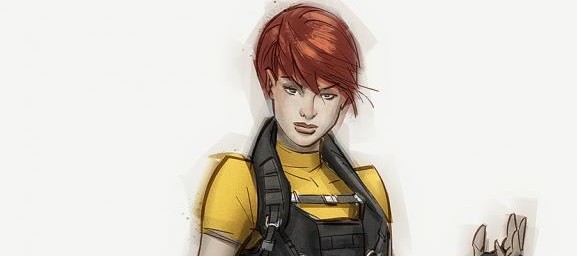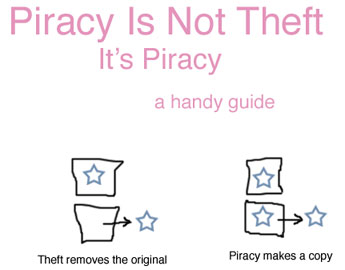MPAA’s Chris Dodd Admits That Calling Piracy “Theft” Is A Bad Idea

For years, trade associations like the MPAA and the RIAA have perpetuated the idea that digital piracy, file-sharing, copyright infringment and whatnot are literally theft with statements and ads like the famous “You wouldn’t steal a car” campaign. While piracy may have potentially negative affects on sales (something this is quite hard to actually measure), calling it out-and-out “theft” has never been accurate. Now, finally, MPAA Chairman and CEO Chris Dodd has changed his tune on the issue. About time.
According to Techdirt, Dodd told Variety magazine the following:
“We’re in a transformative period with an explosion of technology that’s going to need content… We’re going to have to be more subtle and consumer-oriented…. We’re on the wrong track if we describe this as thievery.”
You’ll note he doesn’t say it’s not thievery, but rather that it is not in the MPAA’s best interest to describe it as such. Baby steps.
The issue this really points at is the lack of accurate language to describe the various kinds of content exchange that happen on the interwebs. Piracy isn’t theft because it doesn’t necessarily mean the loss of a sale; many pirates would never purchase the things they download. At the same time, “piracy” might not be the perfect term either because there are so many different — and distinct — acts under that umbrella. Downloading a movie from The Pirate Bay, watching it, and then deleting it is different from burning 30 copies and selling them on the street (or sending them to soldiers), which is different from downloading a digital version of a game you purchased years ago but can’t find, which is different from having your employees use illegal copies of Photoshop. And that’s not to say that copying files can’t incorporate elements of theft either. The Sergey Aleynikov case, which ruled that code can’t be stolen, deals with the complex implications of copying files that are otherwise exclusive. In other words, the theft of monopoly.
The issue of piracy, or file-sharing, or copyright infringement in the digital age is very complicated, and the language we use to discuss it is problematically broad. The temptation is to just throw your hands up in the air and shout “semantics!” when someone makes a seemingly nit-picky distinction, but it’s an important part of building a new vocabulary, and that’s really what needs to be done. Overcoming the idea that piracy is theft, and coming around to the idea that piracy is a weirder, grayer area is an important part of having a meaningful dialogue on what digital media is and should be, but it’s only the first step. After all, how can you talk about something if you don’t have the necessary words?
(h/t Techdirt)
- Piracy’s failure to negatively affect box office earnings
- The MPAA’s ironic statement about the SOPA blackouts
- Piracy might not be theft, but the removal of non-infringing content is
Have a tip we should know? [email protected]
